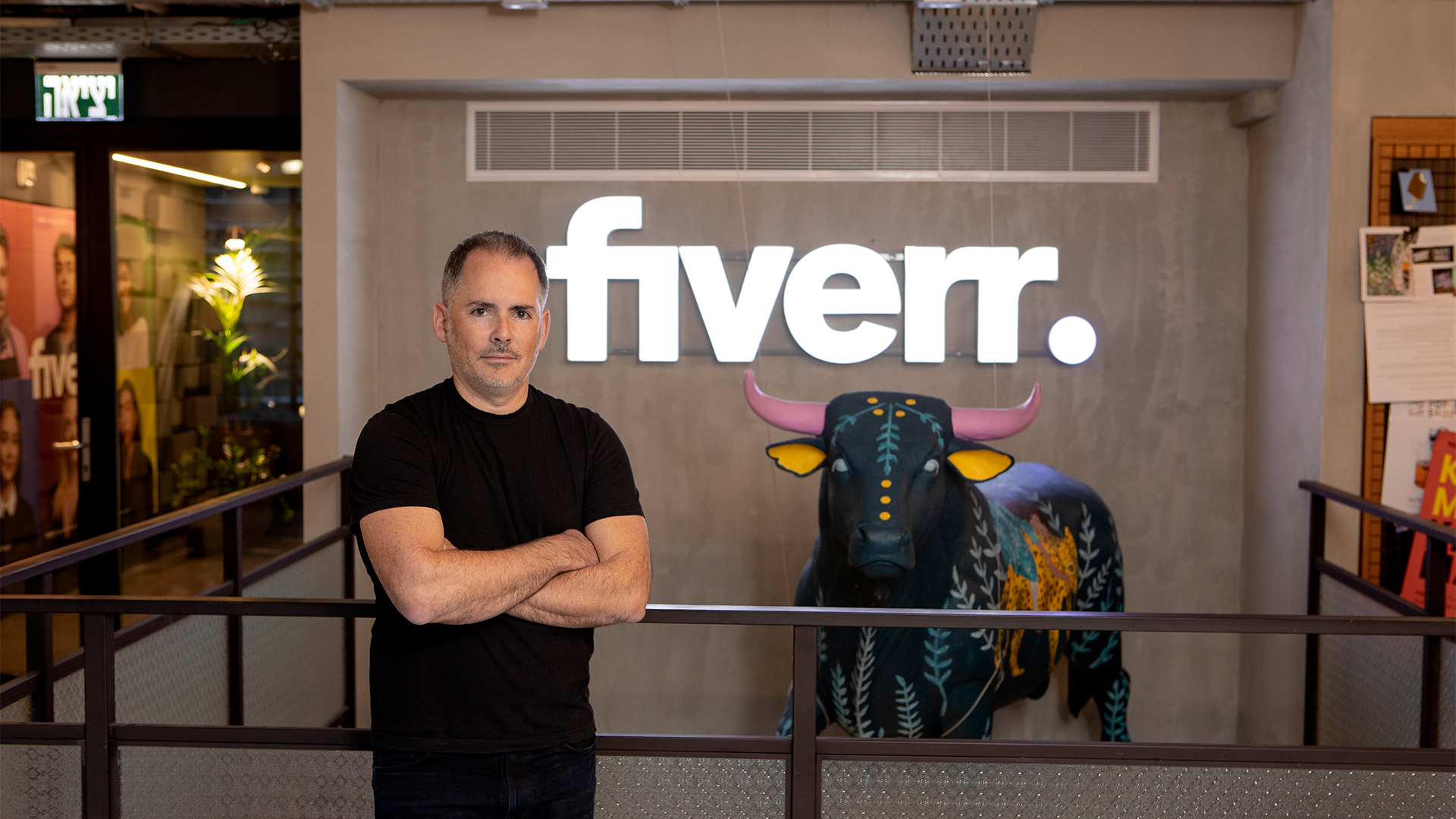Half of jobseekers turned down offers last year amid growing demands on employers
An increasingly competitive talent landscape means employers are being forced to offer a wider range of incentives


Jobseekers are becoming increasingly picky with seeking opportunities and demanding greater benefits and incentives from employers, according to new research from Gartner.
The consultancy’s latest HR survey found that half of candidates who accepted jobs over the last 12 months have backed out prior to starting, with respondents stating that their prospective employer did not match their expectations.
According to the survey, over one-third (35%) of respondents said they had received “four or more” offers during their most recent job search.
Similarly, nearly half (46%) said they still remained open to offers after accepting a position, believing they could secure a better role if they extended their search.
Applicants backed out of job offers for a range of reasons, Gartner found – 59% said they specifically accepted a role due to flexibility benefits while others valued roles that provided better work-life balance and higher compensation.
Firms that failed to meet these requirements often found themselves losing out on talent, despite them having accepted a role.
Jamie Kohn, senior director in the Gartner HR practice said this highlights the changing demands being placed on firms by prospective employees and warned that some could miss out on vital talent if they fail to provide such incentives.
Get the ITPro daily newsletter
Sign up today and you will receive a free copy of our Future Focus 2025 report - the leading guidance on AI, cybersecurity and other IT challenges as per 700+ senior executives
“Nearly 90% of candidates said they have exited a hiring process due to at least one mismatch in employee value proposition (EVP) preferences,” he said.
“This includes compensation and benefits, but also things like flexibility in working hours, career pathing, skills development, team diversity, and management style.”
RELATED RESOURCE

Welcome to the 3D Generation
Watch this on-demand webinar and learn how to create photorealistic content 100% digitally with virtual photography.
DOWNLOAD FOR FREE
This changing dynamic with regard to employee requirements is exacerbating the increasingly competitive talent landscape that organizations must now contend with, Kohn said.
A separate survey conducted by Gartner in December 2022 showed that 86% of CIOs reported heightened competition for talent and qualified candidates – a trend that is expected to continue.
“Competition for talent remains steep – our research shows 59% of HR leaders expect more talent competition in the next three months,” he said. “We are seeing many candidates uncommitted to their new employer and keeping one foot in the job market.”
What employees want
Transparency in hiring processes was highlighted as a key stumbling block for candidates, with 68% of respondents stating they want to see concrete salary information in job postings.
Nearly two-thirds (64%) revealed they are more likely to apply for a job that lists compensation in the job description while 44% said they refused to apply for a role because the employer failed to meet this requirement.
Remote, hybrid, and flexible work options were also a key factor in a candidate's decision to apply for – and accept – a role at a company.
Gartner said that 75% of candidates who can work remotely prefer to do so more than 50% of the time, and this is becoming a key stipulation in applications.
A Gartner survey in May this year found that nearly half of employees seeking new job opportunities were actively doing so because of a desire for greater flexibility.
“When it comes to pay transparency and return to office mandates, organizations can either enhance or impede their talent attraction efforts based on the decisions they make,” said Kohn.

Ross Kelly is ITPro's News & Analysis Editor, responsible for leading the brand's news output and in-depth reporting on the latest stories from across the business technology landscape. Ross was previously a Staff Writer, during which time he developed a keen interest in cyber security, business leadership, and emerging technologies.
He graduated from Edinburgh Napier University in 2016 with a BA (Hons) in Journalism, and joined ITPro in 2022 after four years working in technology conference research.
For news pitches, you can contact Ross at ross.kelly@futurenet.com, or on Twitter and LinkedIn.
-
 Bigger salaries, more burnout: Is the CISO role in crisis?
Bigger salaries, more burnout: Is the CISO role in crisis?In-depth CISOs are more stressed than ever before – but why is this and what can be done?
By Kate O'Flaherty Published
-
 Cheap cyber crime kits can be bought on the dark web for less than $25
Cheap cyber crime kits can be bought on the dark web for less than $25News Research from NordVPN shows phishing kits are now widely available on the dark web and via messaging apps like Telegram, and are often selling for less than $25.
By Emma Woollacott Published
-
 ‘AI is coming for your jobs. It’s coming for my job too’: Fiverr CEO urges staff to upskill or be left behind
‘AI is coming for your jobs. It’s coming for my job too’: Fiverr CEO urges staff to upskill or be left behindNews The latest in a string of AI skills warnings has urged staff to begin preparing for the worst
By Ross Kelly Published
-
 IBM pledges support for UK government cyber skills program
IBM pledges support for UK government cyber skills programNews The CyberFirst Girls competition is aimed at increasing diversity in the cyber security workforce
By Emma Woollacott Published
-
 AI skills training can't be left in the hands of big tech
AI skills training can't be left in the hands of big techNews Speakers at Turing's AI UK conference lay out challenges to AI skills readiness
By Nicole Kobie Published
-
 Tech talent shortages mean firms are scrapping traditional recruitment strategies
Tech talent shortages mean firms are scrapping traditional recruitment strategiesNews With more than half of enterprise leaders worried about future skills shortages, many organizations are turning to a range of new techniques to expand potential talent pools.
By Emma Woollacott Published
-
 The UK’s AI ambitions face one major hurdle – finding enough home-grown talent
The UK’s AI ambitions face one major hurdle – finding enough home-grown talentNews Research shows UK enterprises are struggling to fill AI roles, raising concerns over the country's ability to meet expectations in the global AI race.
By Emma Woollacott Published
-
 Employees are dead set on flexible working arrangements – three quarters would turn down a role that didn't offer hybrid options as work-life balance becomes more important than pay
Employees are dead set on flexible working arrangements – three quarters would turn down a role that didn't offer hybrid options as work-life balance becomes more important than payNews New research shows workers are increasingly demanding flexible working arrangements from employers.
By Emma Woollacott Published
-
 Businesses know they have major skills deficits, but less than half plan on hiring more women
Businesses know they have major skills deficits, but less than half plan on hiring more womenNews Male IT leaders remain complacent about gender diversity despite widespread skills shortages
By Emma Woollacott Published
-
 Nearly half of all digital initiatives still fail – here’s how you can learn from the ‘digital vanguard’ and deliver success
Nearly half of all digital initiatives still fail – here’s how you can learn from the ‘digital vanguard’ and deliver successNews With most digital initiatives are failing to deliver, CIOs are urged to work more closely with other executives
By Emma Woollacott Published